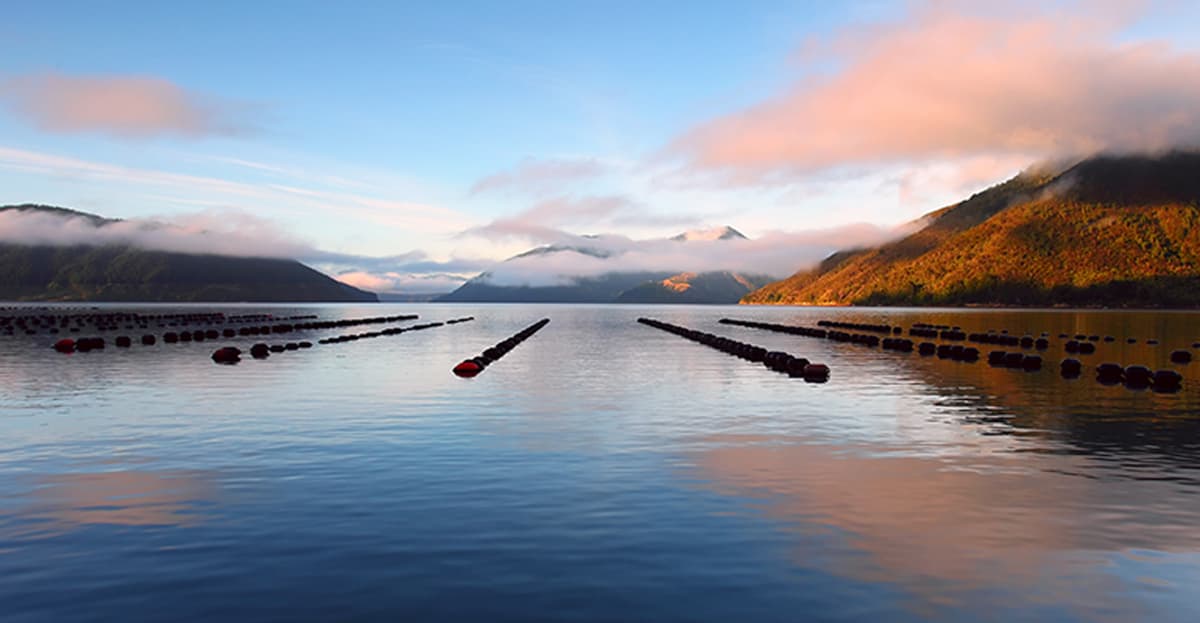

Posted on Tuesday 19 December 2017
Interviews with aquaculture, fishing and enviro community groups have revealed that social licence to operate (SLO) is easily lost – or absent – if a company’s relationship is purely transactional; ie if links with the local community are solely business-related.
“Relational relationships, where one or more employees have personal as well as professional relationships with community, go a very long way to gaining and maintaining SLO,” said Peter Edwards, a co-author of the paper and a Political Scientist at Scion. “In other words, these employees are part of community life.”
Smaller companies are more likely to have relational relationships as by their nature they have a strong local presence in 1–2 communities.
“Large corporates are less likely to have relational relationships because when companies expand they tend to centralise and streamline. Community-based roles drop away because the benefits are intangible… until they’re gone.”
However, larger companies can develop relational relationships by investing in someone locally to build genuine ties with the community – a local champion.
“It’s important that this person is, or becomes, integrated into the community, they can’t be helicoptered in as and when needed. Without someone invested in both the company and the community, local residents don’t know who to turn to if they have questions, concerns or problems.”
Having a champion means that communities have a local person to go to, rather than an impersonal 0800 number or generic email address.
These local champion roles need to have some decision-making capability to be able to effect change – or satisfactorily explain why change isn’t possible – to ensure that people feel their concern has been heard and validated.
These findings can be applied across other primary sectors, such as agriculture, horticulture and forestry.
“Essentially, if a company wants to set up operation in a new community or make changes to an existing operation, then talking to the community at the beginning and bringing them along on the journey can make a huge difference to how successful the venture is.”
Baines J, Edwards P, 2018. The role of relationships in achieving and maintaining a social licence in the New Zealand aquaculture sector. Aquaculture 485:140–146
